News / Report
Students, athletes and physical education teachers gathered for the first time in Japan. Discussed solutions for the gender and sexuality issues in sports and school physical education. Hosted a youth conference attended by about 30 participants, including LGBTQ+ people, leaders and students.
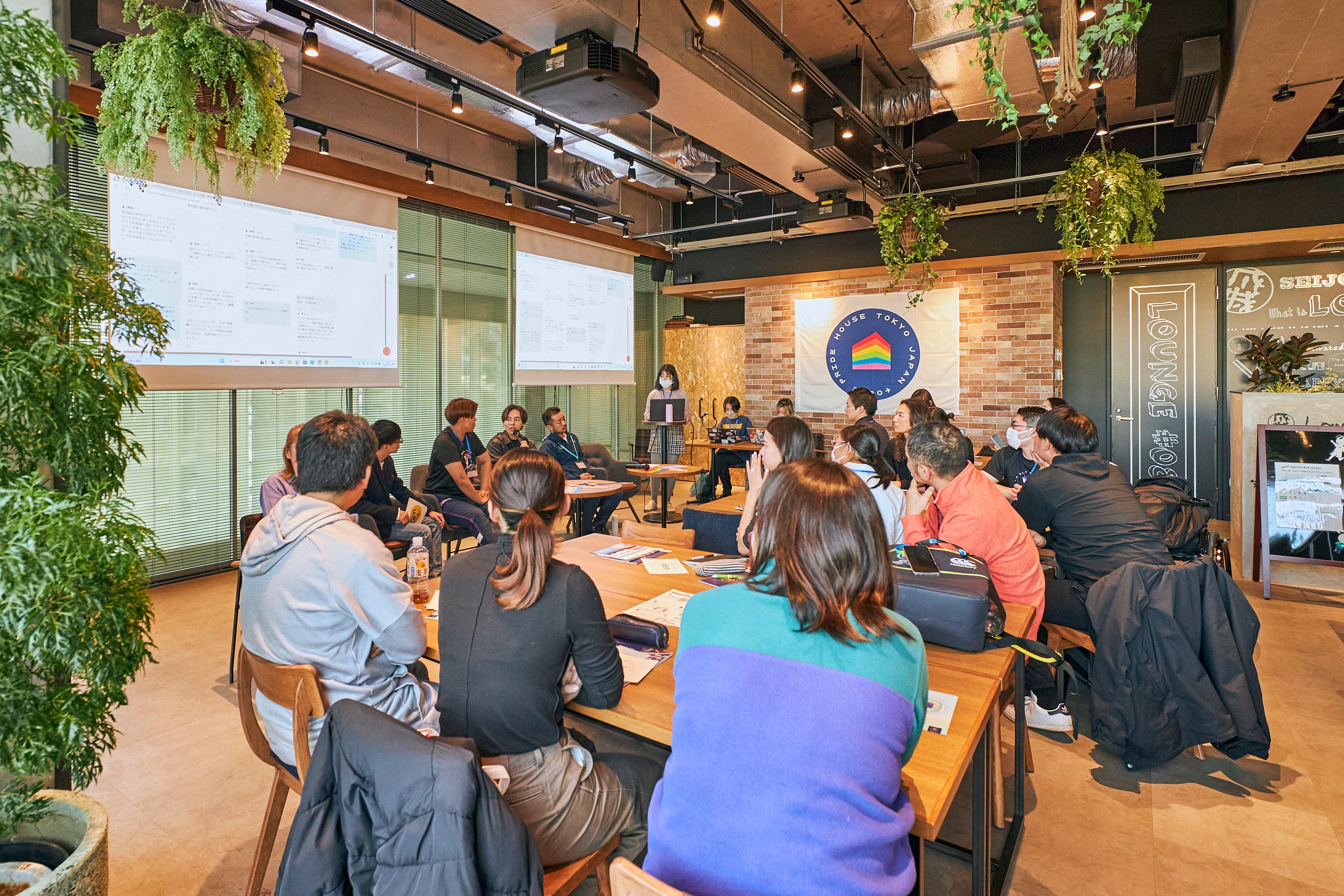
The Pride House Tokyo Consortium, which aims to raise awareness and realize an inclusive society from sports, held a youth conference on Sunday 18th of February 2024 to resolve issues related to gender and sexuality in sports and school physical education, where about 30 participants, including LGBTQ+ people, students, physical education teachers, coaches and other leaders, and athletes, came together to discuss and share the challenges they are facing in their own fields and the actions that are needed to be taken in the future.
At the conference, interactive sessions and discussions were held through the cooperation of UT RISE and TOPIA, which are both student organizations that promote diversity at the University of Tokyo, and the International Research Centre for Sport and Gender Equality at Seijo University.
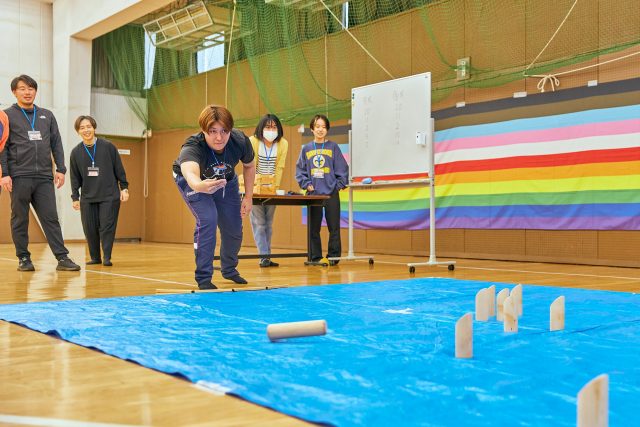
■”When I came out, I was bullied in athletic activities”
Creating an inclusive environment is required in sports and physical education settings.
With various harassment issues occurring in Japan, it is becoming increasingly important to prevent harassment and ensure psychological safety in both educational institutions and the sports sector. While Diversity Equity and Inclusion (DEI) is spreading, the sports industry lags behind in its understanding and commitment to LGBTQ+ people, with only 30%* of coaches and leaders having experience in researching and gathering information about LGBTQ+ people. (*Japan Sports Association, 2017)
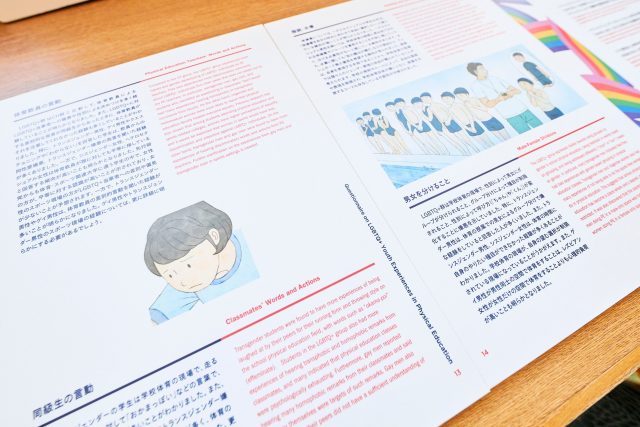
In school education, learning about gender and sexual diversity is not expected in the classroom, and at this event, participants also gave episodes of their actual experiences, such as “I was bullied in my athletic activities when I came out” and “I had to miss swimming classes because I didn’t want to wear a swimming suit”. As such, there remains a strong circumstance in physical education and sport where it is difficult for LGBTQ+ people to come out. In addition, even if leaders have experience of learning about LGBTQ+ people, it is difficult for them to actively deal with the situation due to the thought that ‘giving consideration itself might be perceived as outing’, resulting in various mismatches and lack of dialogue.
To address such situations, the Pride House Tokyo Consortium has been working to create an environment in which students and teachers/coaches can talk directly with each other and share their concerns and challenges, so that there are no “givers” and “receivers” of care, but rather aiming to create an equal and inclusive environment.
■ All participants share the problems that young people are facing.
~The programme was conducted with athletes to verbalize the issues and to translate them into action for tomorrow~
At the event, the results of the survey on gender and sexuality related issues in sports were presented, which was followed by a session with speakers of influencers and athletes who are active both in and outside of Japan (including LGBTQ+ individuals/allies) and participants to discuss issues in sports. Based on these issues, all participants shared the concerns that young people face and discussed how to solve the problems.
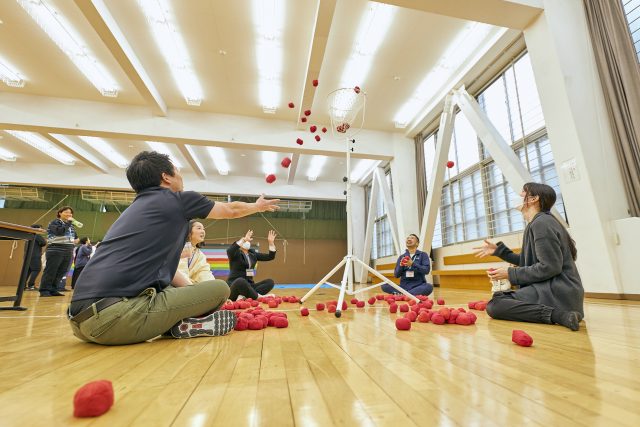
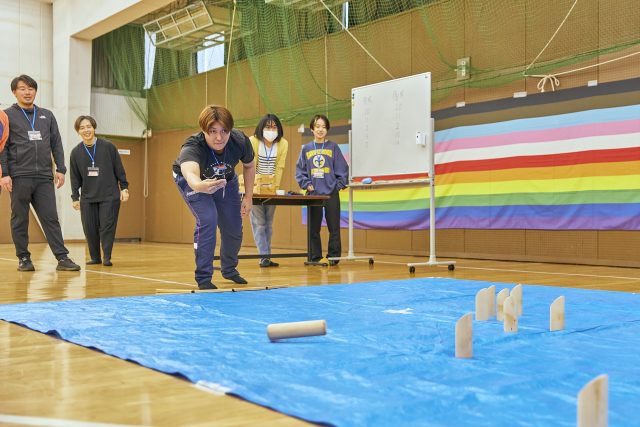
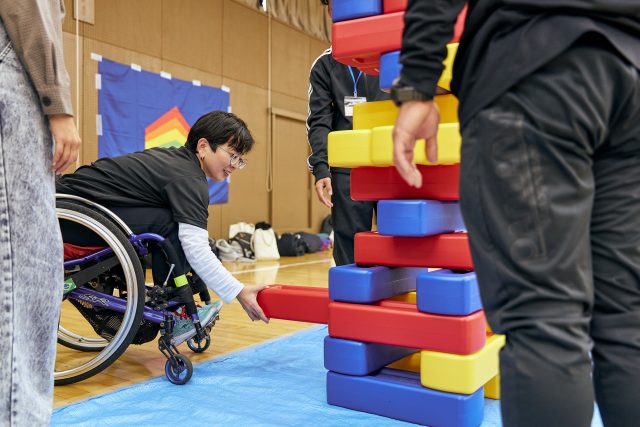
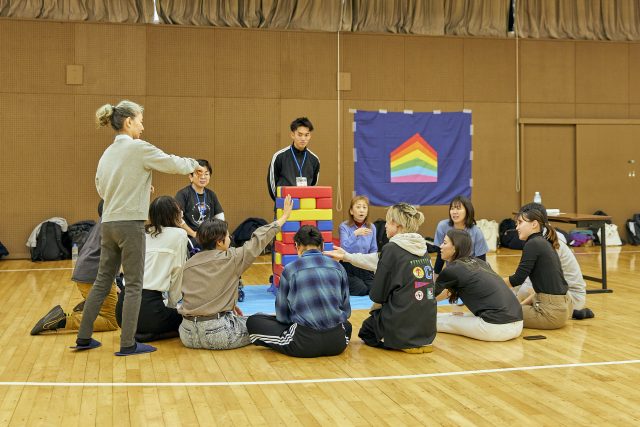
In the first part of the session, under the lead of SPORTSONE CO., Ltd, a member of the Pride House Tokyo Consortium, everyone took part in an ice-breaker through “alternative sports”, which do not involve competition and do not determine who wins or loses.
After that, the second part of the session started with the issues raised by LGBTQ+ students and athletes, stating that “we can make mistakes in our behavior just because we don’t know” and “sport should be accessible to everyone, but in the school environment and circumstances it can become a negative thing. There needs to be an improvement.”
A research conducted by Pride House Tokyo among young people aged 18-29 indicated that LGBTQ+ people are more likely to experience negative language and attitudes regarding gender and sexuality in school physical education, and are less likely to feel that the physical education class is where they can be themselves. Also, a survey conducted by UT RISE(*) among 48 students and other respondents stated that they had experienced something that comes to their mind when they hear the words of “the uneasy feelings in sports (“Sports no moyamoya” in Japanese).”
In the following talk session, LGBTQ+ athletes and influencers, namely Kanatime, Fumino Sugiyama, Airi Murakami and a LGBTQ+ student discussed the challenges and questions they experienced and felt in physical education classes and athletic activities, referring to the participants’ real-life experiences.
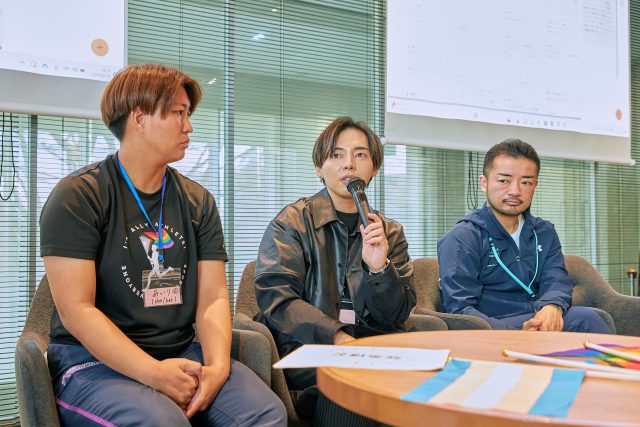
Sugiyama, a former Japanese women’s national fencing team member and a board member of the Japanese Olympic Committee said: “I didn’t like the fact that even in the same sport, men and women were divided by gender and that they wore different uniforms. Among such sports, fencing had no difference in uniforms between men and women” and introduced the reasons why he was able to continue competing. Kanatime, a transgender male and Youtuber, also mentioned on the current situation of gender dualism and the imposition of masculinity and femininity in sports, saying that “it was hard for me to have sports divided by gender”, and also commented on physical education classes, saying that he felt uncomfortable with changing clothes for physical education classes and the way boys looked at him as his body changed in growth.
A transgender male student also shared an episode in which he missed swimming classes for six years and as a result he was not looked upon favorably by teachers. Murakami, a former Japanese rugby representative and board member of the Pride House Tokyo Athletes’ Messages Team, also shared stories from her past athletic activities, saying “I was bullied because I was outed as a lesbian”, and shared her own experiences of the difficulties of living in a small society.
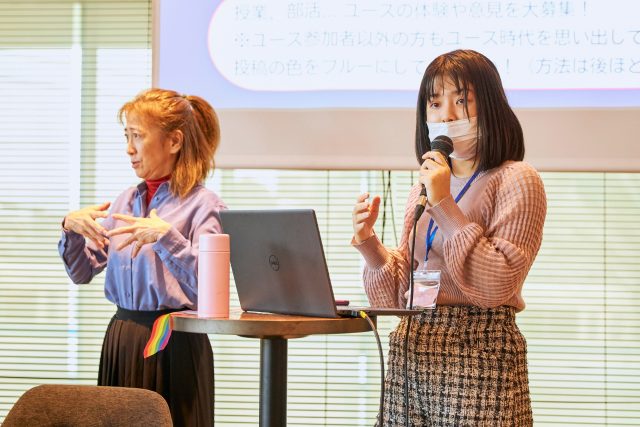
Further, participants also expressed the following opinions:
| “I was a member of a local football team, but as it was ‘boys’ football, only boys could play in the matches. I wished I could have played at least once, without being segregated by gender.” |
| “My gender identity is a man, so I couldn’t accept advice like ‘girls should do it this way to get better’, and that’s why I didn’t become as good as those around me, and I ended up hating the sports itself, where you have to deal with your own body.” |
| “In 2012, dance and martial arts became compulsory in health and physical education at junior high school, and I couldn’t deny that there was the stereotyped atmosphere of ‘martial arts for boys and dance for girls’.” |
| “I don’t like it when we practice with mixed gender and people hold them back just because I am a girl. I wanted them to decide based on ‘my’ ability.” |
| “I am non-binary so I feel like sport is a world I can never enter.” |
| “Female athletes are treated differently to male athletes because things that have nothing to do with competition are being covered.” |
| “I want a world to be a place where people can enjoy the benefits of sports regardless of their gender identity” |
*A student organization that aims to create the University of Tokyo and society where everyone can live in a safe and comfortable environment.
■“Change the way we do grades in physical education” and “Spread the information on social networking services and sign petitions” Clarify actions that can be taken today
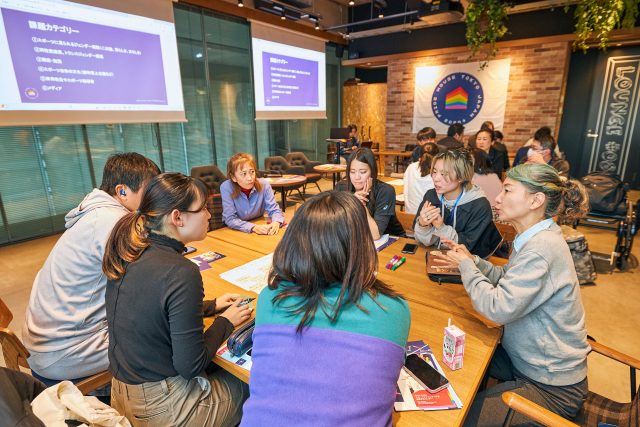
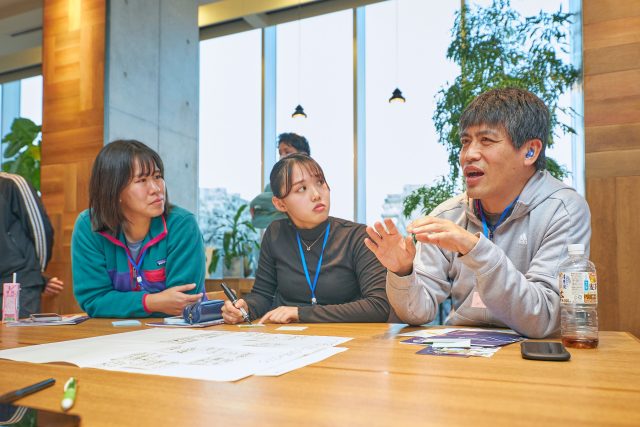
In the third part of the session, the participants were divided into six groups for group work. Each team discussed the opinions and issues raised in the second part, including homophobia, transphobia, clothing during sports and the culture of sports itself, and discussed future actions to be taken and presented them to the audience. Participants, including teachers and sports leaders, suggested the following actions.
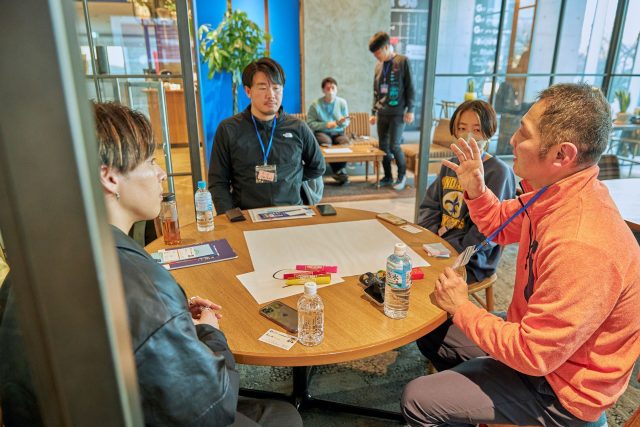
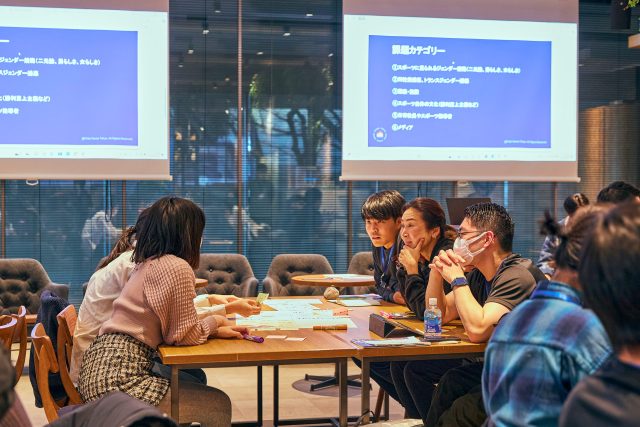
| “In addition to being careful about what we say and do, it’s not good that people don’t know about LGBTQ+ and gender in the first place, so let’s spread the word on social networking services to let people know about it.” |
| “Let’s survey the voices of LGBTQ+ people and visualize them with data.” |
| “Physical education teachers and sports coaches should take action to eliminate the objectification of winning and the assumption that men are better at sport than women, and to change the grading system for physical education.” |
| “Exchange views and opinions between sports coaches and students.” |
| ‘Let’s go to the polls and vote. Let’s change the decision-making structure.” |
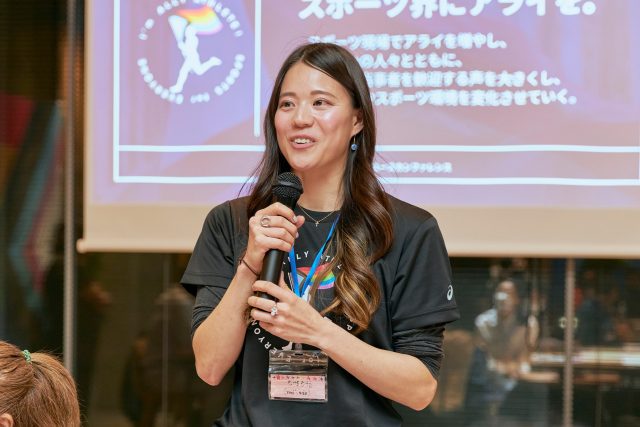
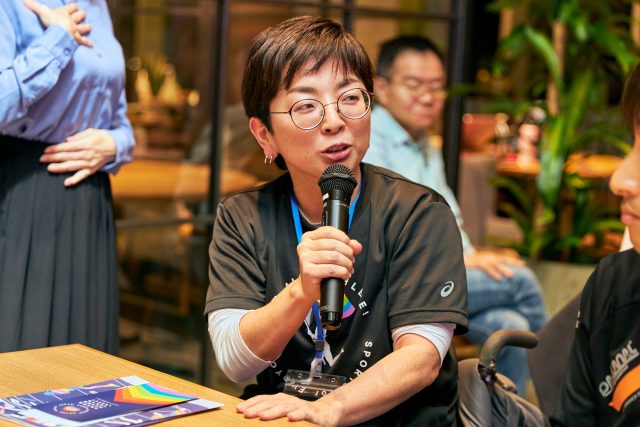
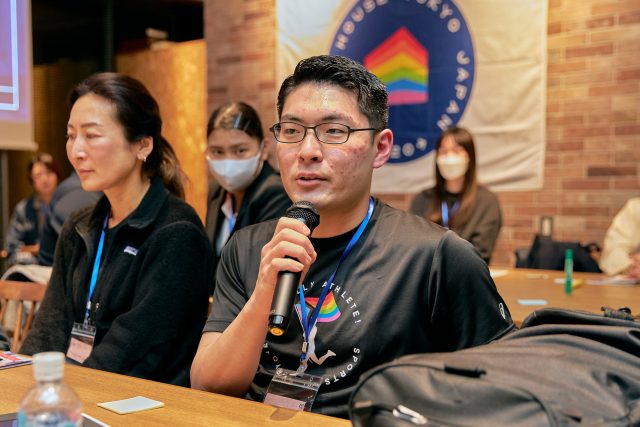
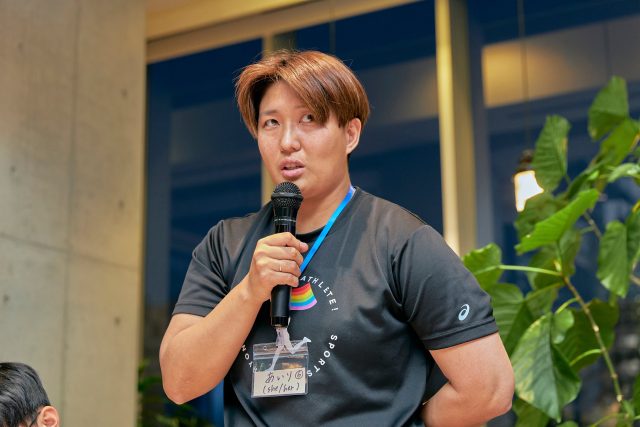
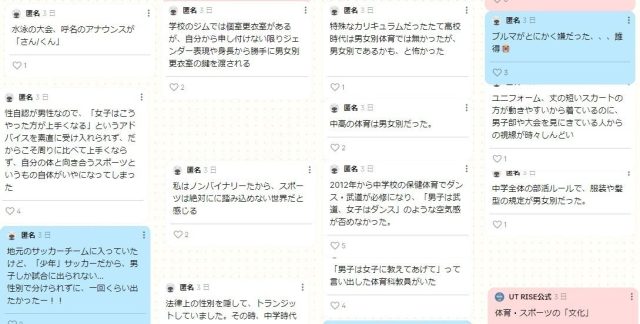
Some other comments from the audience were made, such as “It is important to discuss and take action now to create a society where children can really enjoy sports.” After the event, a student who will be a health and physical education teacher next year expressed the view that “all teachers need to learn about issues in the sports field, and I want to acquire the correct knowledge first”, while a leader commented that “the event made me reflect on what I need to think about more. I would like to have more dialogue with students and athletes.”
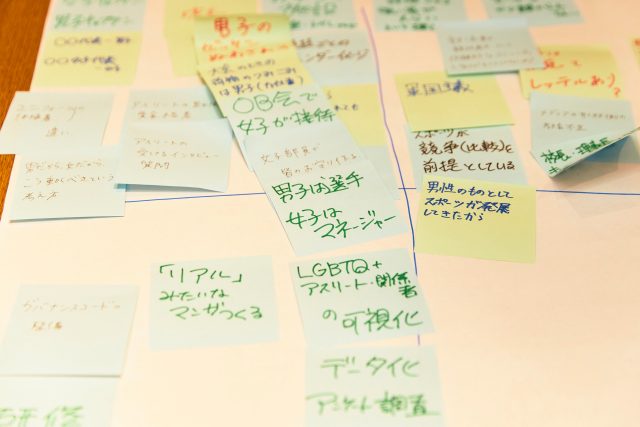
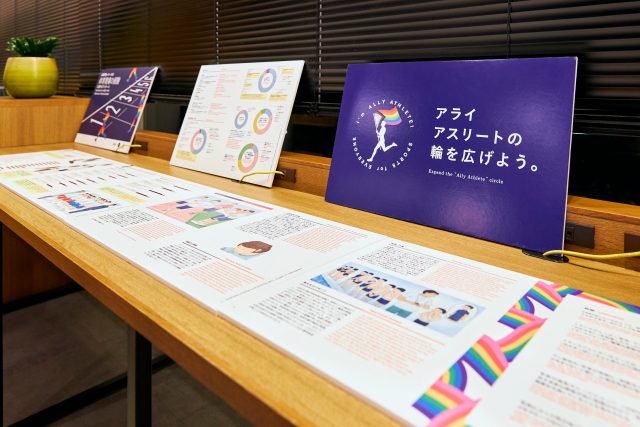
Pride House Tokyo will continue to plan and organize programmes to support LGBTQ+ activities in sports and work towards solving issues in the future.
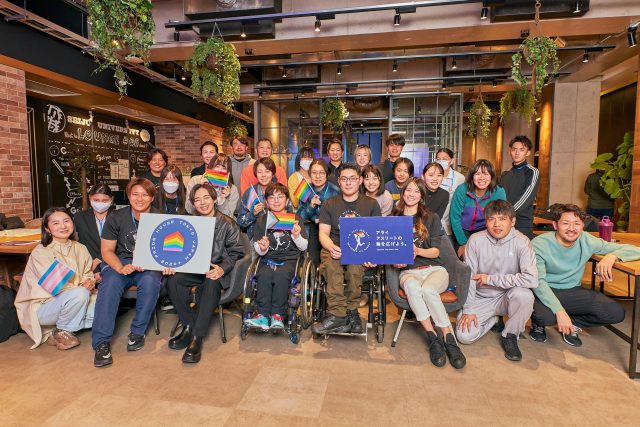
【Event Overview】
◆Date: Sunday, 18th of February 2024, 14:00-18:00
◆Location: Seijo University (6-1-20 Seijo, Setagaya-ku, Tokyo)
◆Participants: 30 people including students, physical education teachers/sports coaches and athletes (including LGBTQ+ individuals/allies)
◆Related Organizations
Hosted by: Pride House Tokyo Athletes’ Messages Team (Planned and managed by S.C.P. Japan)
Supported by: UT RISE, TOPIA, and the International Research Centre for Sport and Gender Equality at Seijo University
- Funded by: Nippon Foundation
関連
ニュース/
レポート
-
レポート
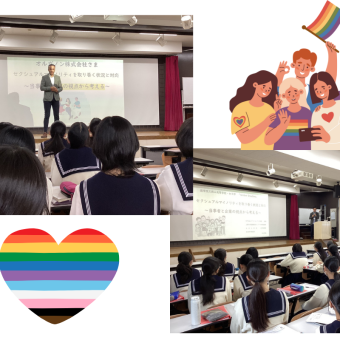
國學院大學久我山高等学校・女子部~オルガノン株式会社さまと協働プロジェクトを実施 ~多様性を尊重し、共生社会を目指すために
協賛企業のオルガノン株式会社さまのご協力を得て、國學院大學久我山高等学校・女子部で出張授業を実施しました。 当日はオルガノン株式会社の代表取締役社長アルパ アルプテキン様、ボランティ...
-
レポート
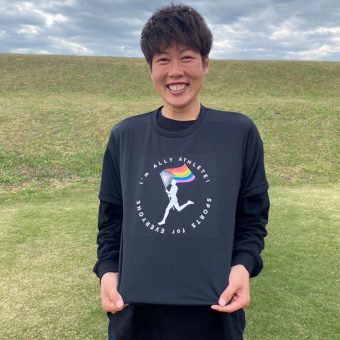
【アライアスリート・インタビュー③】男でも女でもない、ただ「齊藤夕眞」として。 Qを公表したサッカー選手が歩んだ自分らしさへの道のり
プライドハウス東京(PHT)では、2022年より、「アライアスリート」の輪を広げる活動に取り組んでいます。アライ(ally)とは、「同盟、味方」などを表す言葉。LGBTQ+当事者の味方としてともに...
-
レポート
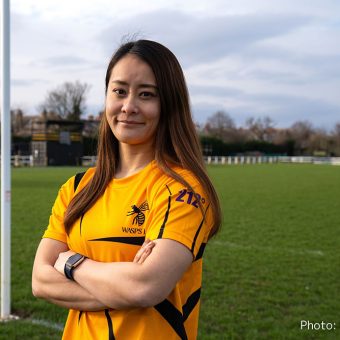
【アライアスリート・インタビュー①】スポーツの力で、誰もが自分らしい居場所を持てる社会に。元ラグビー日本代表・鈴木彩香の想い
プライドハウス東京(PHT)では、2022年より、「アライアスリート」の輪を広げる活動に取り組んでいます。アライ(ally)とは、「同盟、味方」などを表す言葉。LGBTQ+当事者の味方としてともに...

